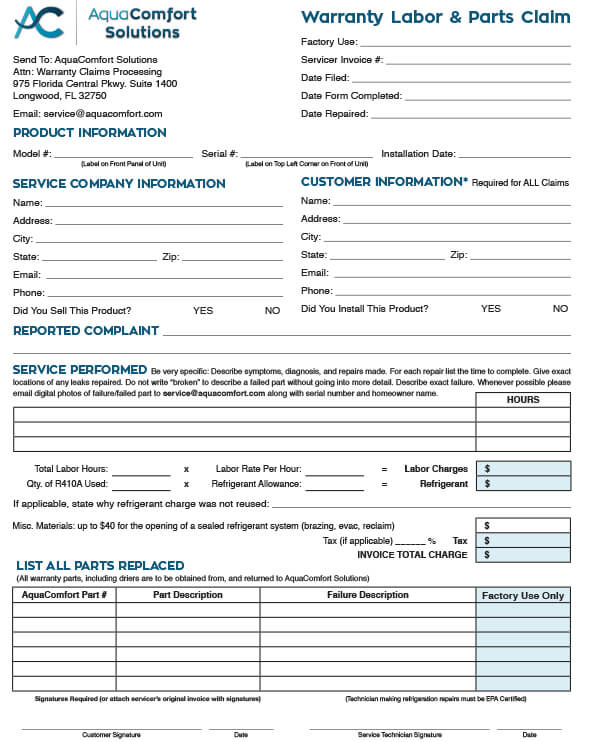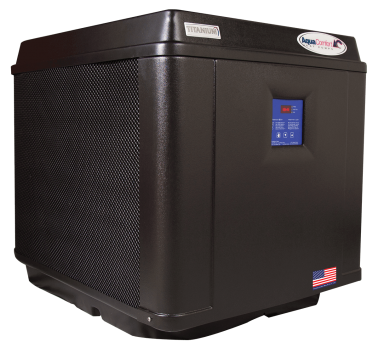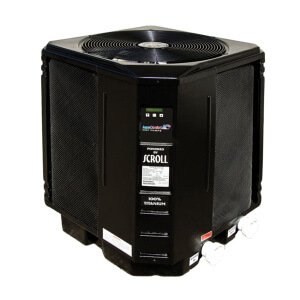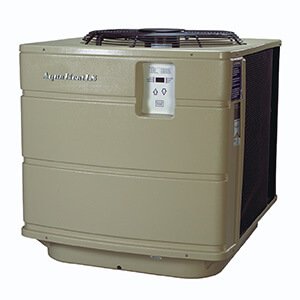Which Pool Heat Pump Is Right For You?
Choosing which pool heat pump is right for you is an important decision. Many heat pumps last for more than a decade, so take your time choosing the best fit. They are a long-term investment with hardly any harmful emissions and lower operating costs than many other heating options. Having a well-heated pool can even increase the value of your property.
To put it simply—the swimming season just got a lot longer.











Follow Us